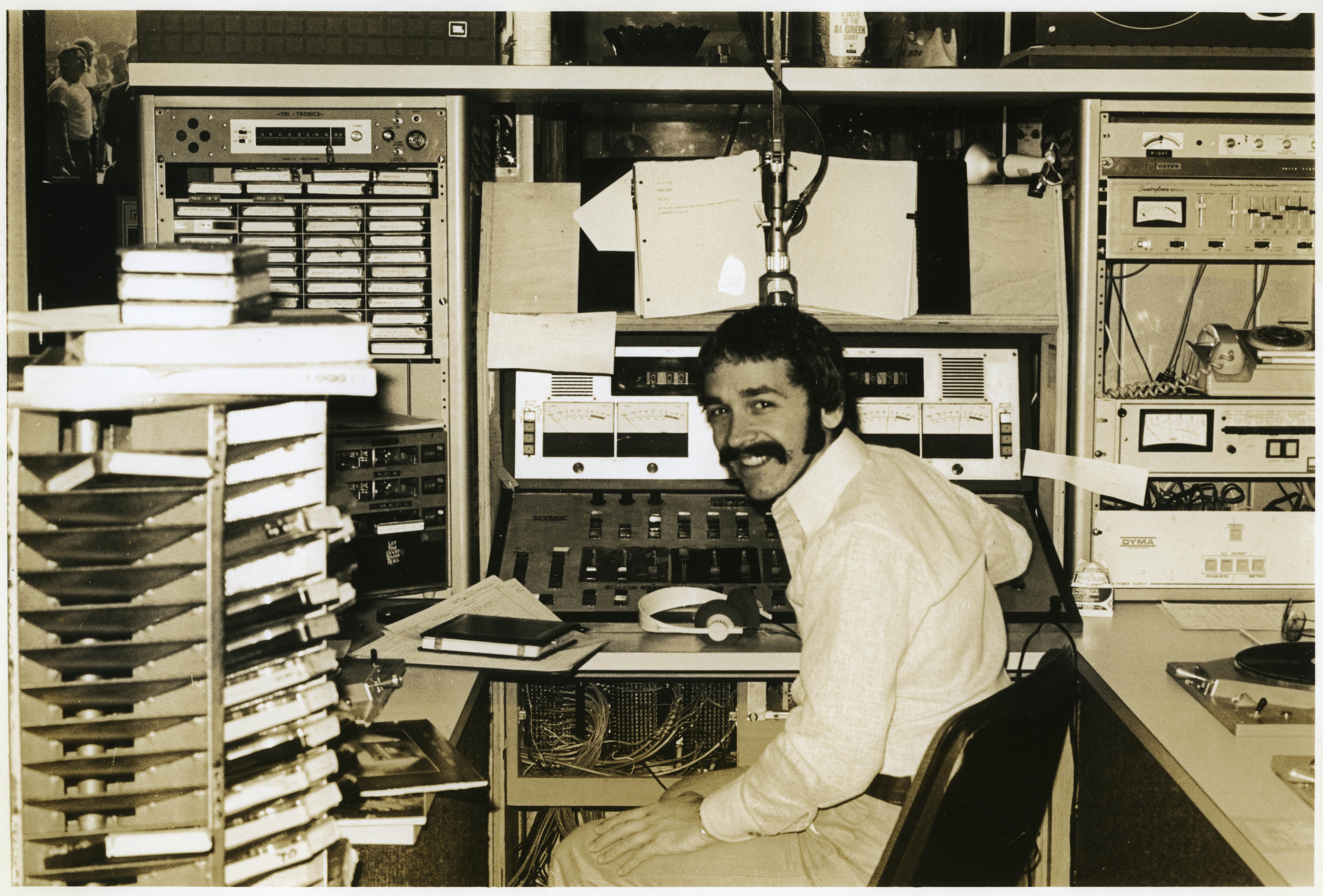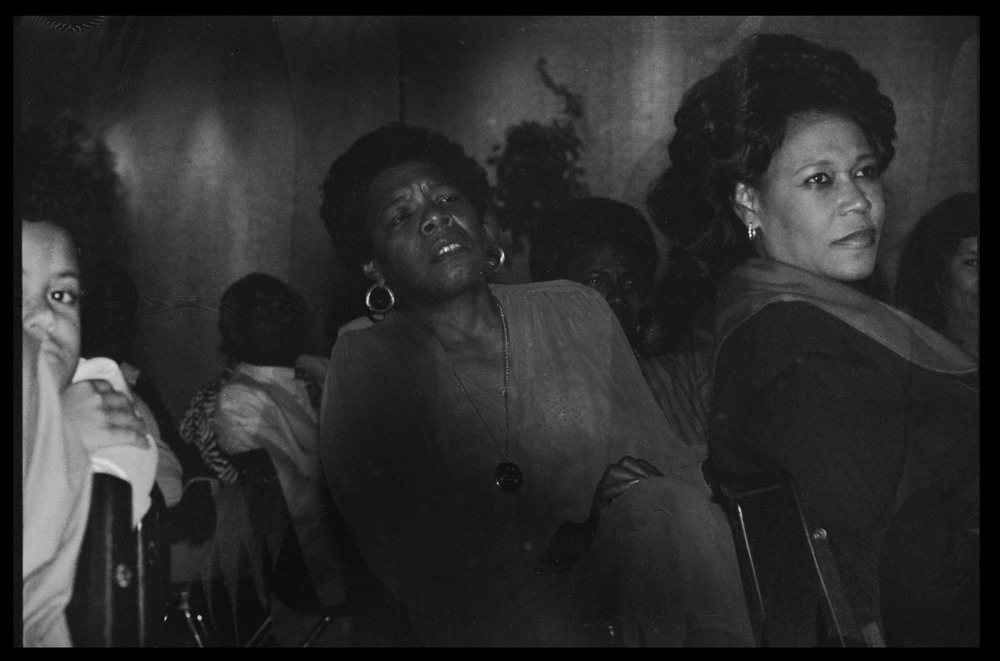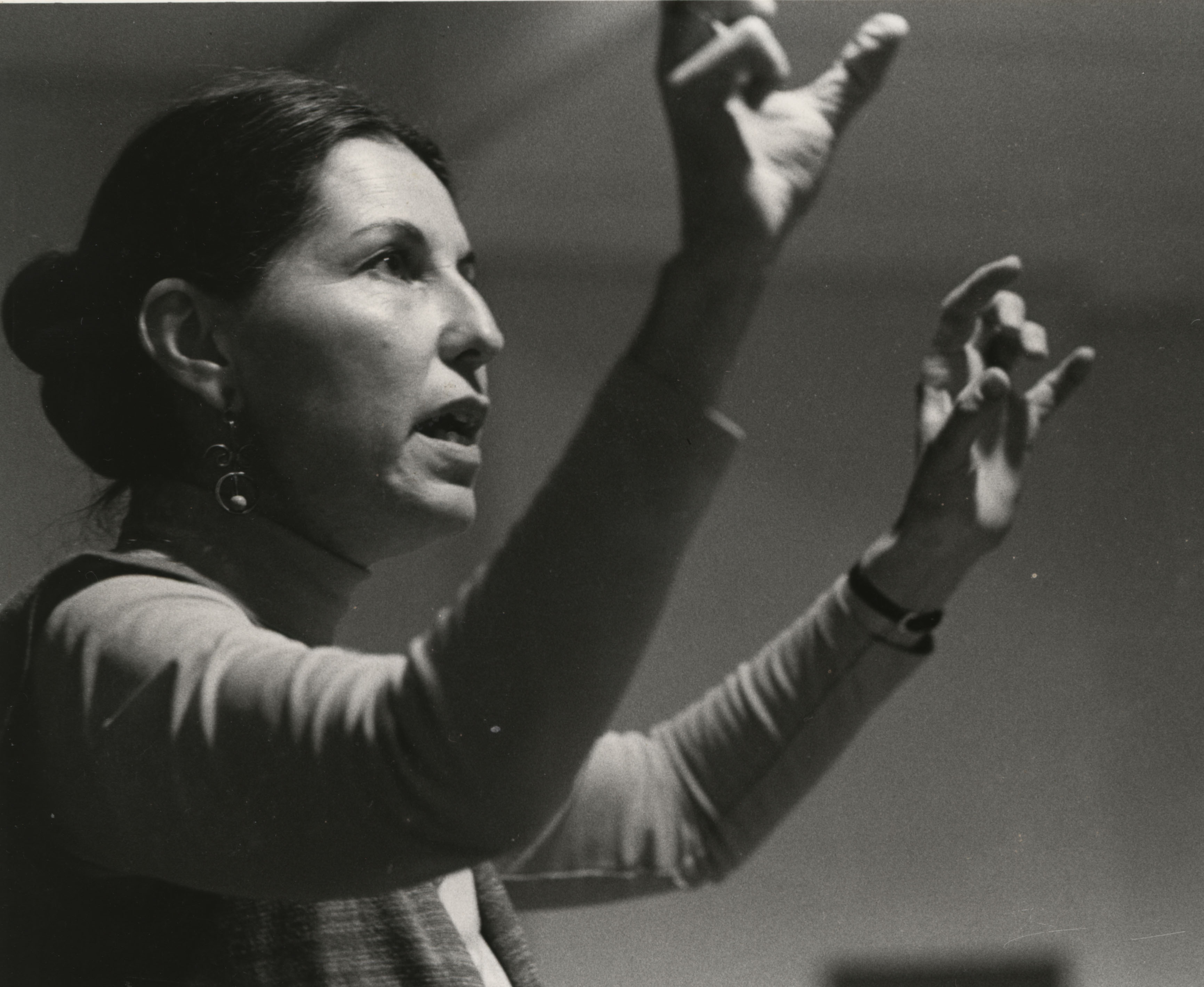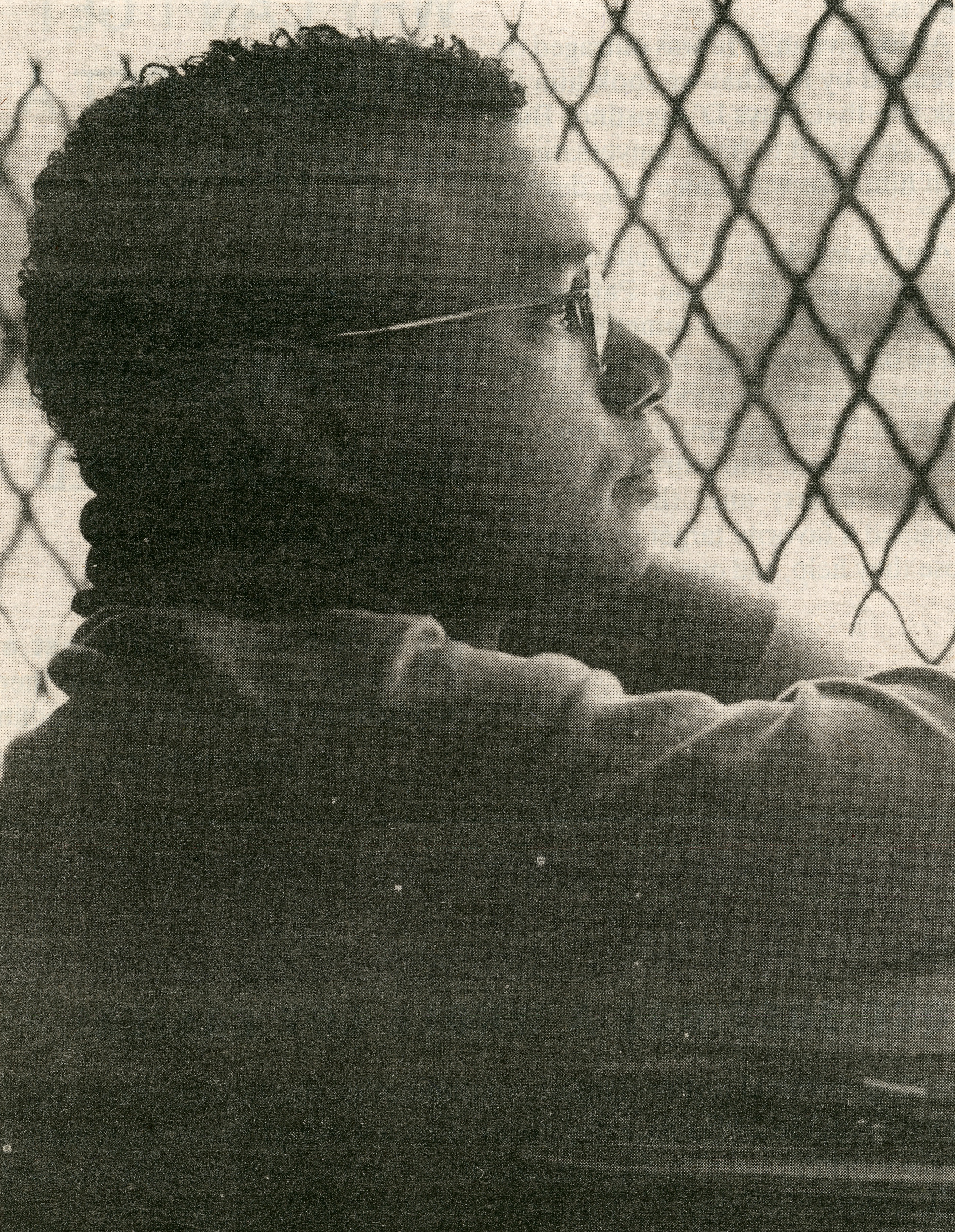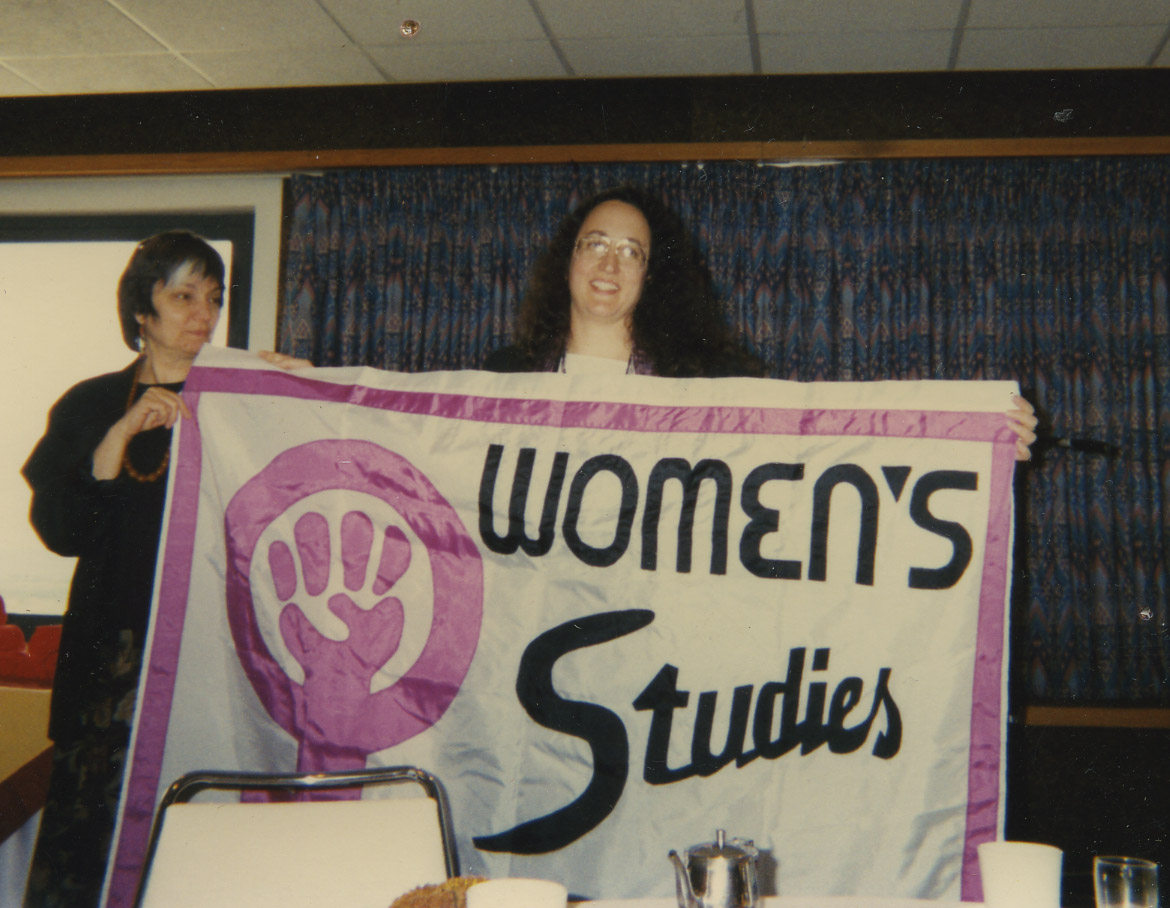Gardner/Wilson Collection of the USS Reid 369
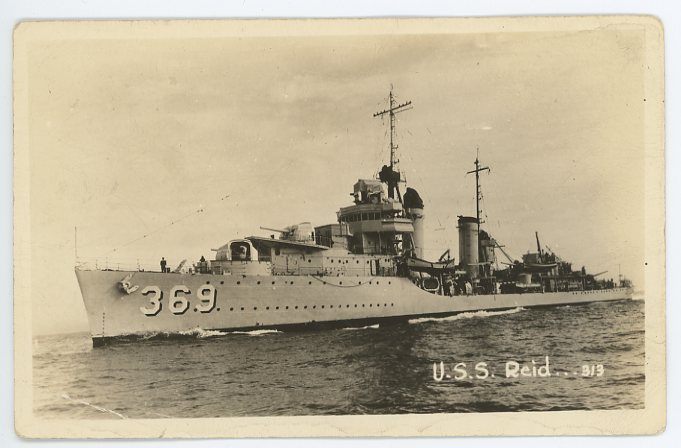
A destroyer commissioned in 1936, the USS Reid was assigned to the Pacific Fleet and in 1939 was moved to Pearl Harbor, Hawaii. The Reid was being serviced in port on December 7, 1941, when the Japanese attack on Pearl Harbor occurred. The Reid survived and was re-assembled so quickly it was out patrolling later that morning. Between 1941 and 1944, the Reid served on numerous patrol and escort missions, including in the Aleutian Islands and Solomon Islands and joined forces fighting in Guadalcanal. During the Reid’s involvement in the battle of Leyte Gulf, it was attacked by twelve kamikaze fighters, several of which made contact with the Reid, including one that crashed into the port quarter and exploded, blowing the ship apart and killing 103 of the 268 aboard.
The Gardner/Wilson Collection represents the efforts of Leonard F. Gardner (BA ’49), Pearl Harbor survivor, who served on the Reid from 1941-1944. Gardner collected photographs and documents from former shipmates and produced a newsletter from 1997 to 2015 that recorded the lives of shipmates and included photographs and information about the USS Reid. In addition to the original materials Gardner collected, a full run of the newsletter and other documents related to the Reid’s service in World War II, the Gardner/Wilson collection includes a website curated by Gardner and designed, created, and maintained by James M. Wilson III (MBA ’86, MS ’86, PhD ’00), whose father, James M. Wilson, Jr., served on the USS Reid from 1940 and survived its sinking in 1944. Wilson also conducted oral histories of remaining USS Reid 369 members in 2006. The original website can be found at http://ussreid369.org. SCUA also maintains an archived version of the site. Several documents and photographs relating to the sinking of the Reid were added to the collection by Gordon Seastrom, a Pearl Harbor survivor and Reid shipmate.


